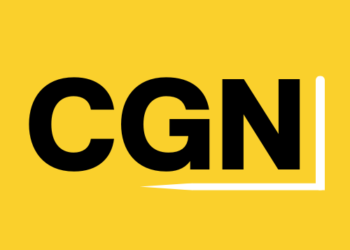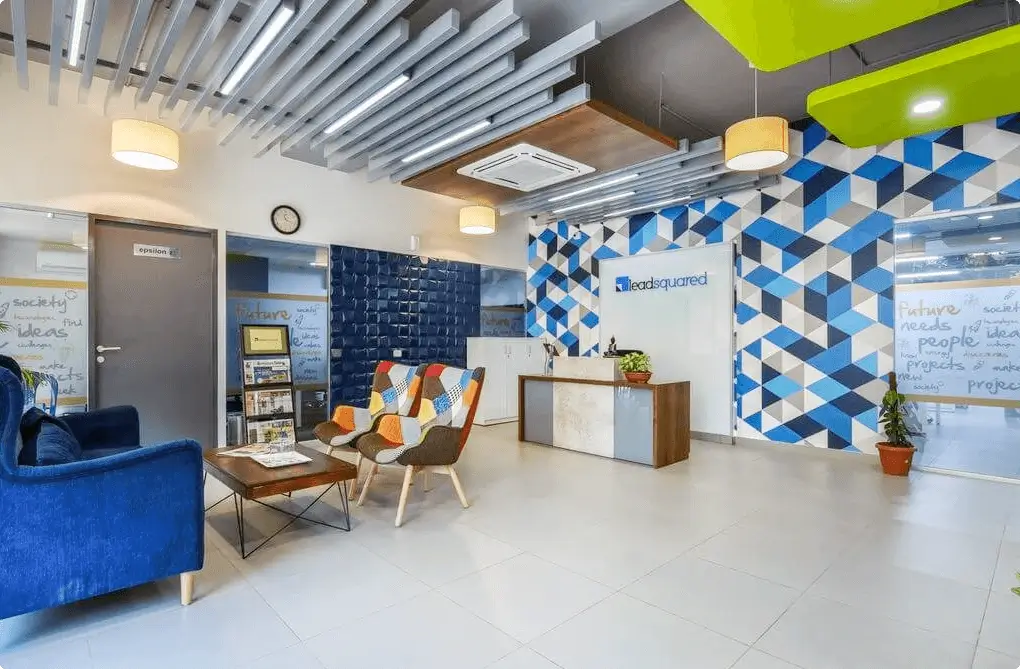HUL In Talks to Acquire Jaipur-based Skincare Startup Minimalist for ₹3,000 Crore
The potential acquisition of Minimalist by Hindustan Unilever Limited (HUL) for ₹3,000 crore has stirred the waters in the skincare industry. This deal, if concluded, stands to be one of the most significant transactions in the direct-to-consumer (D2C) skincare space, highlighting HUL’s strategic ambition to expand its footprint in this burgeoning segment.
The Growth Trajectory of Minimalist
Minimalist’s rise in the skincare industry has been nothing short of meteoric. Backed by Peak XV Partners, the company has seen its valuation skyrocket from approximately ₹630 crore to ₹3,000 crore in just a few years. This impressive growth can be attributed to its robust revenue streams and solid profit margins. In FY24 alone, Minimalist reported a revenue of ₹350 crore, marking an 89% increase from the previous fiscal year, while profits more than doubled from ₹5 crore to ₹11 crore. Such sustained profitability over four years underscores the company’s financial health and its potent business model.
Strategic Move by HUL
HUL’s interest in acquiring Minimalist is a calculated move to bolster its presence in the skincare market. By integrating a dynamic brand like Minimalist, HUL aims to tap into the rapidly evolving D2C market and cater to the modern consumer’s changing preferences. This acquisition aligns with a broader trend where FMCG giants are embracing innovative startups to fuel growth and innovation. The ongoing discussions follow Minimalist’s successful funding round of ₹110 crore from Unilever Ventures and other investors, indicating a strong collaborative potential between the two entities.
Changing Landscape of FMCG Industry
The FMCG sector is witnessing a paradigm shift, with industry leaders like Marico, ITC, and Dabur actively acquiring innovative startups to enhance their digital presence. This strategy allows traditional companies to access cutting-edge technologies, gain valuable customer insights, and introduce fresh perspectives into their operations. By assimilating these disruptive players, FMCG companies can stay competitive and drive market growth.
Implications for the Skincare Industry
The potential acquisition of Minimalist by HUL could have far-reaching implications for the skincare industry. It could set a precedent for future mergers and acquisitions in the D2C space, encouraging other FMCG giants to explore similar partnerships. This trend signifies a shift towards a more collaborative ecosystem where established brands and innovative startups work together to deliver enhanced value to consumers.
In conclusion, the talks between HUL and Minimalist represent a significant development in the skincare industry. If the deal goes through, it could pave the way for more collaborations between traditional FMCG companies and innovative startups, ultimately benefiting consumers with more diverse and high-quality product offerings. As the industry continues to evolve, such partnerships will likely become more commonplace, shaping the future of the skincare market.
For more insights on the latest trends in the startup ecosystem, visit Tech Scoop India.


















